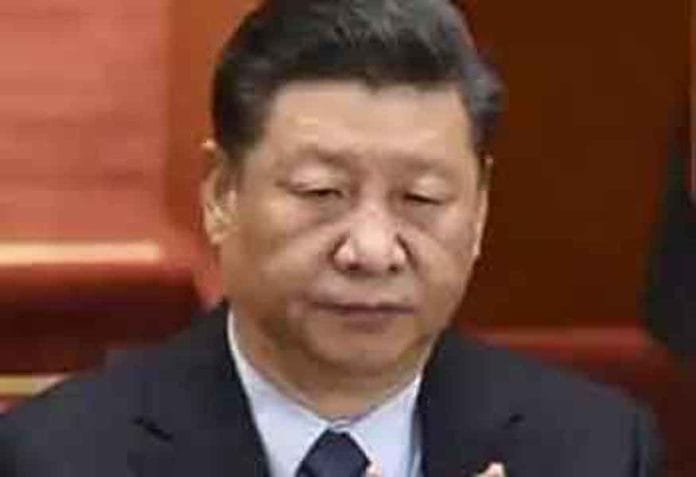INVC NEWS
Beijing – : In today’s interconnected global economy, the issue of debt has become a pressing concern for many nations. China, as one of the world’s major economic powerhouses, is no exception. The burden of debt on the citizens and the struggling municipal corporations has created a sky-high trouble that needs urgent attention. This article aims to shed light on the overwhelming debt situation faced by China’s municipal corporations and the challenges it poses for the country’s economic stability.
The Debt Crisis
According to a recent report released by Goldman Sachs, China’s municipal corporations are burdened with a staggering debt exceeding Rs 1900 lakh crore. This alarming figure has prompted the declaration of emergencies in several urban areas, highlighting the severity of the crisis. Hangang city, situated on the border with Russia, is among the worst affected. The looming emergency has also put other municipal corporations on high alert.
Impacts on Urban Areas
With a population of over 1 million in many cities, the municipal corporations have resorted to drastic measures such as significant tax hikes, increased fines, and additional fees to address the debt crisis. However, these measures have only exacerbated the already crumbling systems. The effects of this dire situation are evident in the daily lives of citizens. Safai karamcharis (sanitation workers) have been deprived of their salaries for more than two months, leading to frustration and hardship. Teachers fear the possibility of losing their jobs, and the responsibility of tax collection has been outsourced to the private sector, further burdening the citizens.
Decline in Civic Amenities
The burden of debt and interest has significantly impacted the provision of civic amenities in China’s urban areas. Cleanliness and sanitation have suffered immensely, with the cities struggling to maintain acceptable hygiene standards. The health services have also taken a hit, bogged down by financial constraints. These deteriorating conditions have understandably ignited anger and frustration among the citizens, who bear the brunt of the economic distress.
Addressing the Crisis
To cope with this escalating crisis, the Chinese government must take immediate and strategic action. It is crucial to develop a comprehensive debt management plan that focuses on both short-term relief and long-term sustainability. Some potential measures that could be explored include:
Strengthening Financial Oversight: Implementing robust financial oversight mechanisms to monitor the borrowing and spending activities of municipal corporations can help prevent excessive debt accumulation.
Promoting Fiscal Responsibility: Encouraging fiscal responsibility and prudent financial management practices among municipal corporations can help curb unnecessary expenditures and improve debt repayment capabilities.
Enhancing Transparency: Establishing transparent reporting mechanisms that provide clear and accurate information about municipal debt levels, expenditure patterns, and revenue sources will enable better decision-making and accountability.
Exploring Debt Restructuring Options: Assessing the feasibility of debt restructuring, refinancing, or consolidation strategies can help alleviate the immediate financial strain on municipal corporations while ensuring sustainable debt repayment plans.
Encouraging Economic Growth: Stimulating economic growth through targeted investments, infrastructure development, and business-friendly policies can create new revenue streams and alleviate the debt burden over time.
Conclusion
China’s municipal corporations are currently grappling with an overwhelming debt crisis that demands urgent attention. The burden of debt and interest has resulted in deteriorating civic amenities, frustrated citizens, and weakened financial stability. To overcome this challenging situation, the Chinese government must implement comprehensive debt management strategies, promote fiscal responsibility, and prioritize long-term sustainability. By addressing these issues, China can alleviate the burden on its municipal corporations and pave the way for a more stable and prosperous future.













